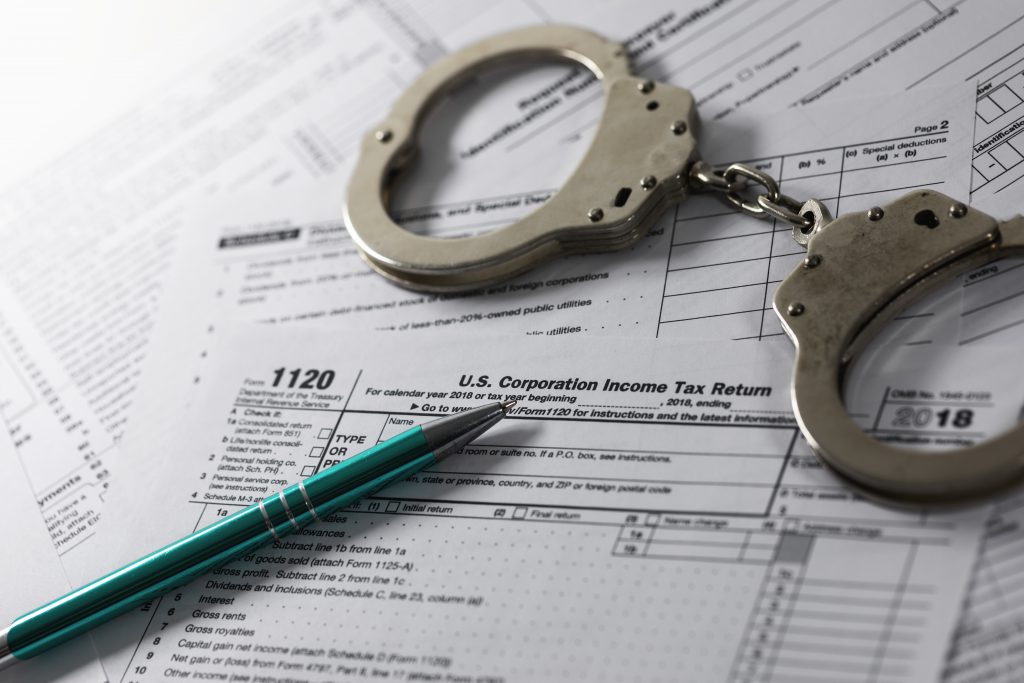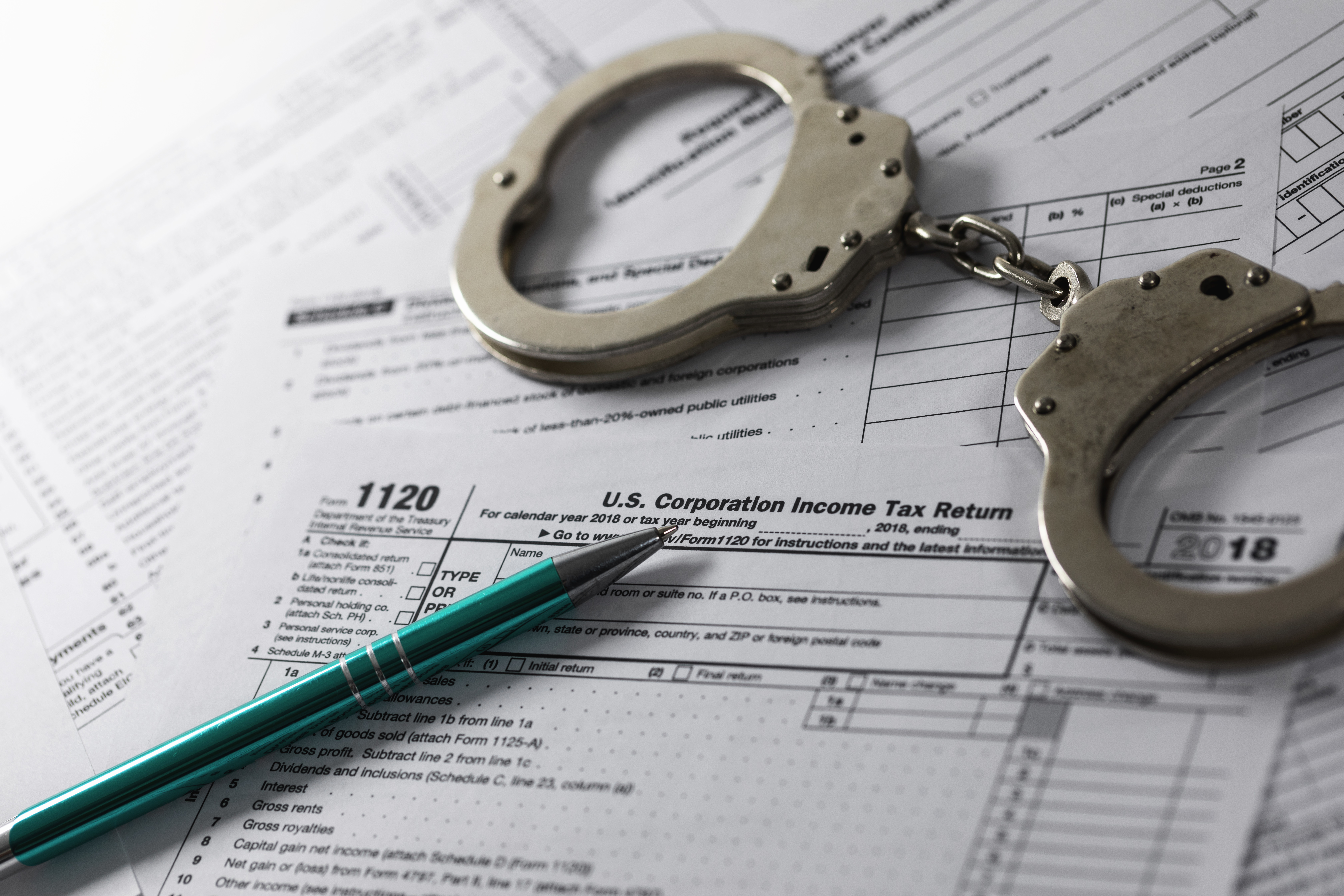New Jersey recognizes several different types of tax-related crimes:
- tax evasion
- failing to file a tax return
- filing a false tax return
- attempting to defeat a tax
- willful failure to keep records (see N.J.S.A. 54A:9-6)
All of these fall under the broad category of tax fraud. Think about it: it is hard enough to deal with filing your taxes and complying with all of rules the government and IRS sets forth. The last thing you need to worry about is defending your actions in court. If you have been charged with a tax crime (whether state or federal), make sure to contact an experienced criminal defense attorney.
What is Tax Fraud?
Generally speaking, fraud is an intentional deception made for personal gain in order to damage another person or entity. More specifically, fraud involves making a representation that is false and material to a transaction. Fraud requires scienter, which means the speaker must know that the statement is false and intend for the other party to rely on it to his detriment. In the context of taxation, the representation usually involves how much money you earned and the detriment to the other party (i.e. the state, country, or IRS) is the amount of money you shortchanged them.

Penalties For Tax Fraud in NJ
The three biggest types of tax crimes are: 1) tax evasion, 2) failing to file a tax return, and 3) filing a false tax return. Broadly speaking, tax evasion involves paying less money for your taxes than you legally are obligated to. Remember, tax evasion is not exactly the same as tax avoidance. Although very similar, tax avoidance is more akin to failing to file a tax return since it involves willfully or intentionally avoiding the payment of your taxes. Tax evasion is a felony. Make no mistake, if you are convicted, you can face up to 5 years in prison and incur a fine of up to $100,000.
If you fail to file a tax return when you are legally required to do so (i.e. in a year when you owe taxes to the government), you will be guilty of a misdemeanor. Depending on the totality of the circumstances, a conviction can land you in prison for up to 1 year and require you to pay a fine of up to $25,000. Moreover, if the IRS can prove that you intentionally failed to file, your charge will be elevated to a felony that carries with it the same penalties associated with tax evasion (i.e. up to 5 years in jail and a fine of up to $100,000).
If you unintentionally file a false tax return (i.e. an error is discovered by the IRS due to auditing you or noticing a red flag), you will not usually be charged with a crime. Since you did not mean to misrepresent your income, the government and IRS will simply adjust the amount you owe to reflect the correct amount (including any interest or late fees that might be applicable). However, if you intentionally file a false tax return (i.e. intentionally distort your deductions, purposefully avoid declaring income, etc.), you will be guilty of a felony that can lead to imprisonment for up to 3 years and a fine of up to $100,000.
Who Should You Contact?
If you or a loved one was charged with a tax crime, contact Adam H. Rosenblum of Rosenblum Law today. Mr. Rosenblum is a skilled criminal defense attorney who has helped people in similar situations. He will defend your constitutional rights, fight to keep you out of jail, and do what he can to have your charges dismissed. E-mail or call him today at 888-815-3649.










 888-815-3649
888-815-3649
